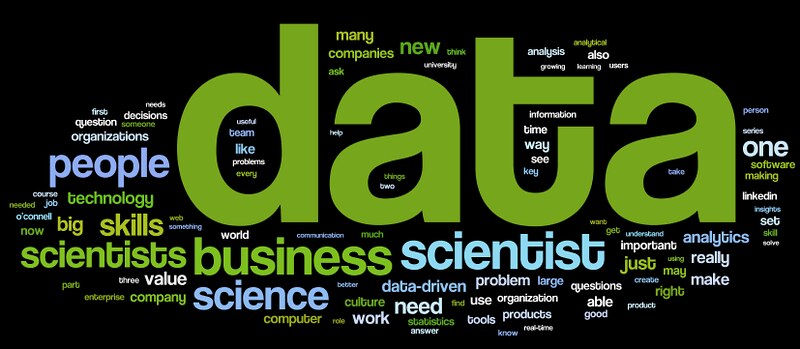Career Watch| How Artificial Intelligence and Machine Learning are changing the landscape


Artificial Intelligence (AI) and Machine Learning (ML) have become transformative forces, reshaping industries worldwide and fostering a heightened demand for professionals proficient in these domains.
The Telegraph Online Edugraph facilitated an interview session with Mr. Gaurav Sukhatme, the Executive Vice Dean, USC’s Viterbi School of Engineering, who shared his thoughts on the rapid evolution of Artificial Intelligence (AI) and Machine Learning (ML) and how these are likely to transform and reshape future education and career opportunities.
1. What do you think is the scope for AI and machine learning, given the current digital evolution?
My own work is in robotics, which means I use a lot of AI and ML. My sense is that AI and ML are going to be transformative technologies and they are going to be transformative across many sectors because they potentially will help us build better tools for sectors which are very varied, whether it is health and medicine or it’s marketing, or retail. We already live in an economy worldwide which is information-driven. Now this takes it to the next level, where insights or decision-making or assistance to humans is becoming available at a much, much higher level because of AI and machine learning. So, my impression is just the way the 1st IT revolution really changed the way the world worked. Right? It became digital. I think this is the next.
2. In the World Economic Forum’s Future of Jobs Report 2023, tech roles such as AI and machine learning specialists are expected to grow by 30 % by 2028. What do you think is the scope of industries in this? What kinds of industries are upcoming here?
One of the interesting rapid developments in just the last 12 months has been the emergence of these so-called large models for AI and machine learning. And you must have heard about Chat GPT.
What is happening very rapidly in AI right now is:
No.1 efforts to make them better and make them safer to use but also,
No.2 to build new technologies on top of them, to use them as a foundation for other technologies.
For example, my research is in robotics. And I see that one thing that a lot of people are doing is to use these kinds of models as a base, as a foundation and then to build specialised robot skills on top of that. Even people who are working or trying to process data for making decisions about something in the supply chain or maybe in some other sector of the economy, they are using these models as a base or as a foundation and then specialising on top of them and building. And businesses are really springing up at a rapid pace that are using this. And that I think is just the beginning.
3. Given the outstanding success of Chandrayaan 3 launch, what is the landscape of space engineering?
At USC, space engineering is a very hot area. The reason is, partly because historically, we had very deep connections with the aerospace sector which in the US is based in Southern California. All big companies, Boeing for instance, are there. SpaceX is there right in our backyard. So historically we had a tie. We have various successful programmes in astronautics, which is the science of rocketry, basically.
One interesting thing I noticed about space is that, in India and in the US, a lot of start-ups are starting to work on space technologies. 2-3 decades ago, we felt that space was the preserve of large aerospace companies. But now I noticed that there is a start-up ecosystem around it. And I am told that in India, there is a very vibrant startup ecosystem around space technologies also.
4. What is the industry's role? If you could name some of these?
I think data has the potential to power almost anything you can imagine. It doesn't matter if it's in banking, finance, or health – especially in a country like India. These fields are all going to be significantly affected by data. Even manufacturing, which is making a big comeback in India, will benefit from data-driven innovations.
5. How is Viterbi School of Engineering contributing in the areas of AI and space engineering for Indian students? If you could highlight the courses and specialisations.
There are nearly 65 degrees at the master’s level and there are 13 degrees at the Ph.D. level. Obviously given the interest these days, most sought after ones are in computer science and in data science and in AI and machine learning. The others are also very popular. A lot of Indian students come. It’s a very vibrant place for Indian students. I mean to give you an idea, at the Viterbi School there are around 2000 Indian students.